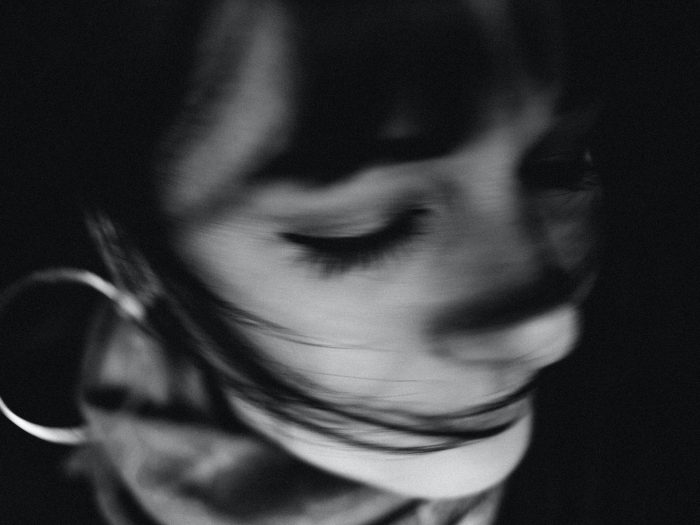When I chose to end my relationship with alcohol, one of the first initiations I received was learning the difference between the pain of suffering and the pain of healing.
Because I had so much accumulated stress and unmetabolized trauma in my body, my nervous system couldn’t tell the difference, and I was pretty much constantly in some kind of defense response toward myself.
The pain of suffering is normalized in our culture, from the solidified identities we make out of our particular pain bodies, to ongoing struggles with depression, anxiety, shame, codependency, trauma loops, dissociation from our bodies, and feeling deeply disconnected and separate from any sense of a loving, divine order.
These things we normalize as a part of our human condition are the pain of suffering.
We identify with it and carry the burden of our unsung stories in our nervous systems. Dancing through life in this way, merging with the same dance partners and patterns over and over again, thinking something is wrong with us when what has been unmetabolized is dancing the dance to get our attention.
We seek “treatment” to manage these symptoms rather than instruction in how to navigate the pain of healing. We prefer to cover over our suffering with positive affirmations to try to convince our minds that the suffering isn’t there.
We don’t realize it’s never about the thing we think it is—whether it’s the person, substance, behavior, or thing we are addicted to. It’s what is underneath it that is trying to resolve itself.
We cannot think our way out of our suffering.
The pain of healing is different; it’s sharp, but it’s not long-lasting. If we have a lot to metabolize, we may fear we will get lost in it, but this is simply not true. What we get lost in is the stasis of chronic avoidance of the pain of healing.
The pain of healing is the grieving process.
We are taught to fear grief so much, we’ve removed the spaces in our culture where we go to be in the crossroads, to feel held in our grief process and guided. Underneath most of our chronic suffering is a grief process we don’t know how to meet.
When I stopped drinking and smoking cigarettes, I was grieving all of the time. First, it was grieving the loss of my relationship to alcohol and smoking. It was grieving all the ways I’d been in relationship with it in all the areas of my life. Then, it was grieving the parts of me that had drowned in the drinking—the grief of all the memories that came up.
I tried to talk about all this grief, but people froze, moved away, got uncomfortable, or suggested I needed “help.” We don’t welcome the grief of others; we haven’t learned to honor it, to love within it, or to feel the wisdom of it that is trying to heal us, or someone around us. We haven’t learned to open to the love of life itself.
It broke my heart.
We are so afraid of the pain of healing, we’d rather suffer.
We see grieving our pain, what never was, what we endured, and the necessary letting go in order to heal as something to fear, as something that makes us a victim, while raising up the attitude that strength and warriorship is found in enduring the chronic pain of suffering the burden of our unloved pain.
This is such trickery—a part of what I see as a death mother culture that rules through the oppression of life force energy and denial of the life of the soul.
As long as we are mired in the chronic pain of our suffering, identified with our shame and our past, our hearts are not open to the interconnectedness of life, and we feel powerless in a structure of relentless emotional abuse and chronic spiritual neglect.
Grief is wise.
The pain of healing is liberating.
It doesn’t make you stronger to endure the suffering of your pain.
What makes us warriors of the heart is to trust the liberating pain of healing and the phoenix that will rise on the other side. Over and over again.
When we learn to surrender to that process, we gain access to energy that is benevolent and loving; the energy that can carry us through the dark nights of grieving and letting go—not only of what’s been lost or never was, but also of who we thought we were to endure the weight of the generational transmission of this traumatic way of viewing the human heart in the first place.
More love.
Not less.
~


 Share on bsky
Share on bsky





Read 4 comments and reply